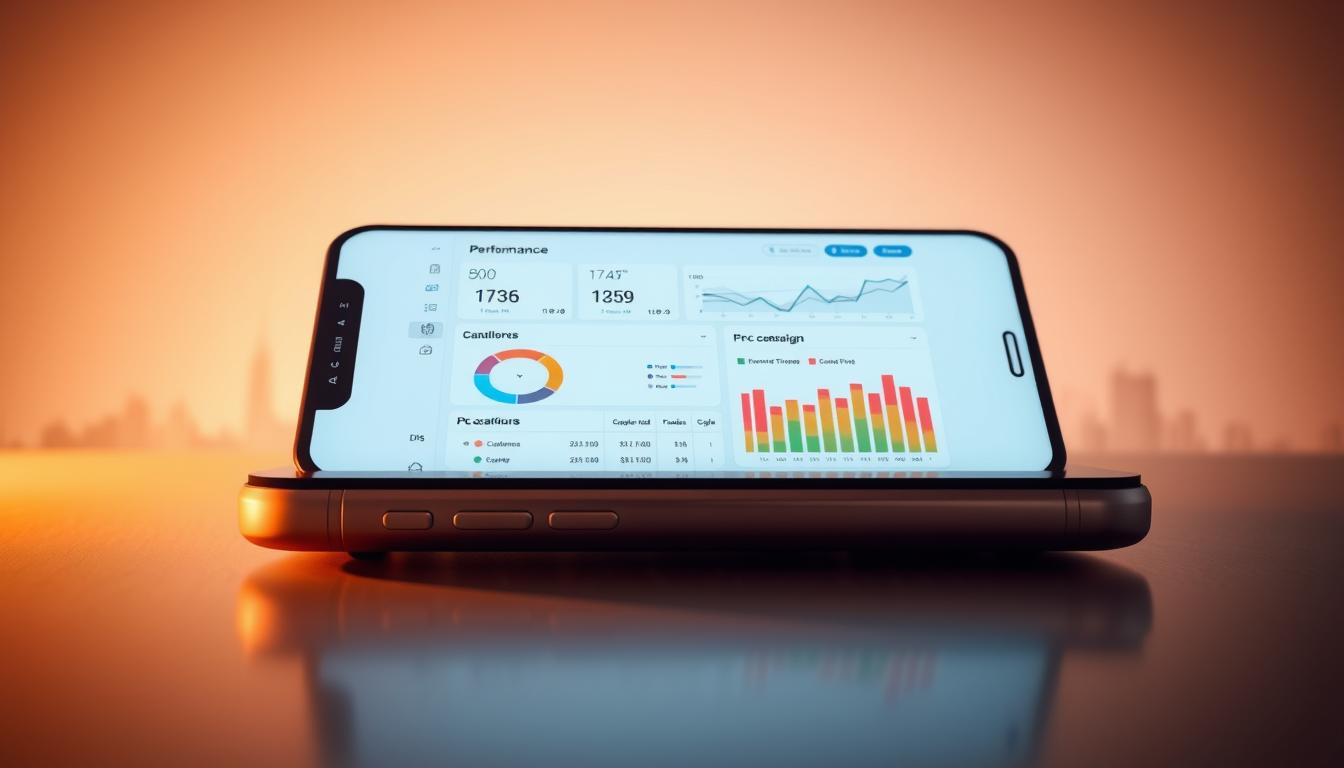|
|
With mobile devices accounting for more than 60% of total digital ad spend, businesses can no longer afford to ignore mobile PPC campaigns. As consumer behavior continues to shift toward mobile-first browsing and shopping, optimizing PPC campaigns for mobile users has become critical for driving conversions, improving ad engagement, and maximizing return on investment (ROI).
Unlike desktop searches, mobile PPC campaigns require a different approach due to smaller screen sizes, faster browsing behaviors, and voice search trends. Mobile users often make quick, high-intent searches, meaning businesses must focus on speed, relevance, and seamless user experience to capture their attention. A well-optimized PPC campaign ensures that ads are mobile-friendly, location-aware, and optimized for quick conversions, whether through click-to-call actions, mobile-optimized landing pages, or in-app promotions.
However, running a mobile PPC campaign effectively involves more than just shrinking desktop ads to fit mobile screens. It requires mobile-specific bidding strategies, tailored ad formats, and continuous performance optimization. With insights from WiFi Digital, this expert guide explores the most effective mobile PPC campaign optimization strategies that businesses can use to increase engagement, reduce wasted spend, and drive higher conversions effortlessly.
Optimizing Mobile Keyword Strategy for High-Intent Searches
A successful mobile PPC campaign starts with targeting the right keywords. Mobile search behavior differs significantly from desktop, with users often making shorter, location-based, and voice-driven queries. Many mobile searches also have a strong commercial intent, meaning users are often ready to take action quickly.
One of the most effective ways to optimize mobile PPC campaigns is by prioritizing short-tail, high-intent keywords. Unlike desktop searches, which often include longer research-based queries, mobile users tend to use concise keywords like “best pizza near me” or “buy running shoes now”. Businesses should analyze Google Ads search query reports to identify which mobile keywords drive the most conversions and adjust bids accordingly.
With the rise of voice search, businesses should also incorporate natural language, question-based keywords into their campaigns. Voice search queries are often longer and conversational, such as “Where can I buy organic coffee near me?” or “Who offers same-day plumbing repair?”. By optimizing PPC campaigns for voice search-friendly keywords, businesses can increase their visibility in mobile SERPs and local search results.
Another critical strategy is implementing negative keywords to eliminate irrelevant traffic and prevent wasted ad spend. Since mobile users often search for quick information, filtering out low-intent queries (e.g., “free,” “DIY,” or “how-to”) ensures that ads are shown to users who are more likely to convert.
By refining mobile keyword targeting, leveraging voice search trends, and using negative keywords strategically, businesses can improve their PPC campaign efficiency and conversion rates.
Crafting Mobile-Specific Ad Copy and Formats for Higher Engagement
Mobile PPC campaigns require concise, action-driven ad copy that captures attention instantly. Unlike desktop users who have more time to read and compare options, mobile users scan content quickly, meaning ads must deliver the core message immediately.
A strong mobile PPC ad should include:
- Clear and Direct Headlines: Use short, compelling phrases such as “Get 50% Off Today” or “Fast, Free Delivery” to grab attention.
- Action-Oriented CTAs: Mobile users respond best to immediate action prompts like “Call Now,” “Get a Quote,” or “Shop Today”.
- Location-Based Personalization: Ads with phrases like “Best Deals in Toronto” or “Exclusive Offer for Vancouver Shoppers” perform better by adding a localized touch.
Mobile-friendly ad extensions further enhance engagement by making it easier for users to take action without extra steps. Essential extensions for mobile PPC campaigns include:
- Call Extensions: Allow users to click-to-call directly from the ad, eliminating the need to visit a website.
- Location Extensions: Display business addresses, directions, and operating hours to attract nearby customers.
- Sitelink Extensions: Provide quick links to key landing pages such as “Book an Appointment” or “View Special Offers”.
- Price Extensions: Show pricing details directly in the ad, increasing transparency and trust.
By focusing on concise, mobile-optimized ad copy and leveraging high-impact ad extensions, businesses can significantly boost click-through rates (CTR) and drive conversions from mobile users.
Optimizing Landing Pages for Seamless Mobile Conversions
A PPC campaign can generate thousands of mobile clicks, but without a fast and responsive landing page, users will abandon the site before converting. Mobile users expect fast, intuitive, and frictionless browsing experiences, making landing page optimization a key factor in mobile PPC success.
The most crucial element of a high-converting mobile landing page is speed. Google prioritizes fast-loading mobile pages in search rankings, and a delay of just one second can lead to a 20% drop in conversions. Businesses should implement:
- Google AMP (Accelerated Mobile Pages) to reduce load times.
- Optimized images and compressed files to prevent slow performance.
- Minimal page elements to ensure quick browsing and seamless navigation.
A mobile landing page should also feature a single, prominent CTA. Unlike desktop sites, where users can browse multiple sections, mobile pages should direct visitors toward one primary action, such as “Buy Now,” “Sign Up,” or “Get a Free Quote.”
For mobile PPC campaigns targeting local customers, integrating Google Maps and One-Click Directions into landing pages enhances user experience. This is particularly effective for businesses in industries like retail, hospitality, and service-based businesses, where local searches drive foot traffic.
By ensuring that landing pages are fast, responsive, and conversion-focused, businesses can dramatically reduce bounce rates and increase mobile conversion rates.
Using AI and Smart Bidding Strategies for Mobile PPC Optimization
Managing mobile PPC campaigns manually can be challenging, given the real-time fluctuations in search trends, competition, and user behavior. AI-powered bidding strategies help automate and optimize ad performance to ensure that campaigns are continuously refined for maximum efficiency.
Google Ads offers several Smart Bidding options that are particularly effective for mobile PPC campaigns:
- Maximize Clicks: Adjusts bids automatically to drive the highest number of clicks within a set budget.
- Maximize Conversions: Uses machine learning to increase conversion rates by targeting users most likely to take action.
- Target CPA (Cost-Per-Acquisition): Adjusts bids in real-time to maintain a specific acquisition cost, helping businesses control their ad spend.
- Target ROAS (Return on Ad Spend): Optimizes bids to maximize revenue relative to ad spend, ideal for e-commerce businesses.
Additionally, dayparting (ad scheduling) can improve mobile PPC performance by showing ads at peak conversion times. Businesses should analyze Google Ads performance reports to determine when mobile users are most active and adjust ad schedules accordingly.
By leveraging AI-driven bidding strategies, automated optimizations, and real-time ad adjustments, businesses can ensure that their mobile PPC campaigns perform at peak efficiency while reducing wasted spend.
A successful mobile PPC campaign requires more than just adapting desktop ads to smaller screens. Businesses must implement mobile-specific strategies that focus on high-intent keywords, concise ad messaging, optimized landing pages, and AI-driven bidding techniques to capture and convert mobile users effectively.
By ensuring that ads are mobile-friendly, localized, and tailored for fast, action-driven engagement, businesses can improve click-through rates, lower cost-per-click, and maximize ROI. With expert guidance from WiFi Digital, companies can develop high-performance mobile PPC campaigns that drive sustained growth and competitive advantage. Now is the time to optimize mobile search advertising and turn mobile traffic into high-value conversions.
In today’s fast-paced world, where a strong digital presence is essential for business growth, WiFi Digital emerges as a strategic partner for small and medium-sized businesses (SMBs). Founded in 2023 and based in London, Ontario, the company has a clear mission: to provide affordable, high-quality solutions that help businesses thrive online. With an experienced and passionate team, WiFi Digital goes beyond simply creating websites and marketing strategies. Its purpose is to empower entrepreneurs, strengthen brands, and give clients more free time to focus on what truly matters – growing their business and improving their quality of life.
WiFi Digital develops websites that authentically and professionally represent your brand, optimizes systems and digital marketing strategies to enhance visibility and return on investment (ROI), and offers affordable, customized solutions, ensuring that businesses of all sizes have access to effective growth tools. With transparency, partnership, and innovation, the company provides each client with the necessary support to achieve real results.
Business digitalization is not just about numbers or metrics. It directly impacts entrepreneurs’ well-being, bringing more organization, efficiency, and freedom to focus on what truly matters. WiFi Digital understands that by investing in digital solutions, businesses gain time, reduce operational stress, and create opportunities to connect better with their customers. A well-structured online presence not only increases sales but also strengthens the public’s trust in the brand.
Beyond technical expertise, WiFi Digital’s key differentiator is its commitment to people. The company values genuine relationships, creates tailored strategies, and works side by side with clients to ensure that every solution meets their specific needs. If you’re looking to boost your brand, attract more customers, and still have more time to focus on what truly matters, now is the time to act!
💡 Transform your digital presence with experts who understand your needs.
📩 Contact us now: contact@wifidigital.ca
🌍 Learn more: www.wifidigital.ca
🚀 Your growth starts here!




